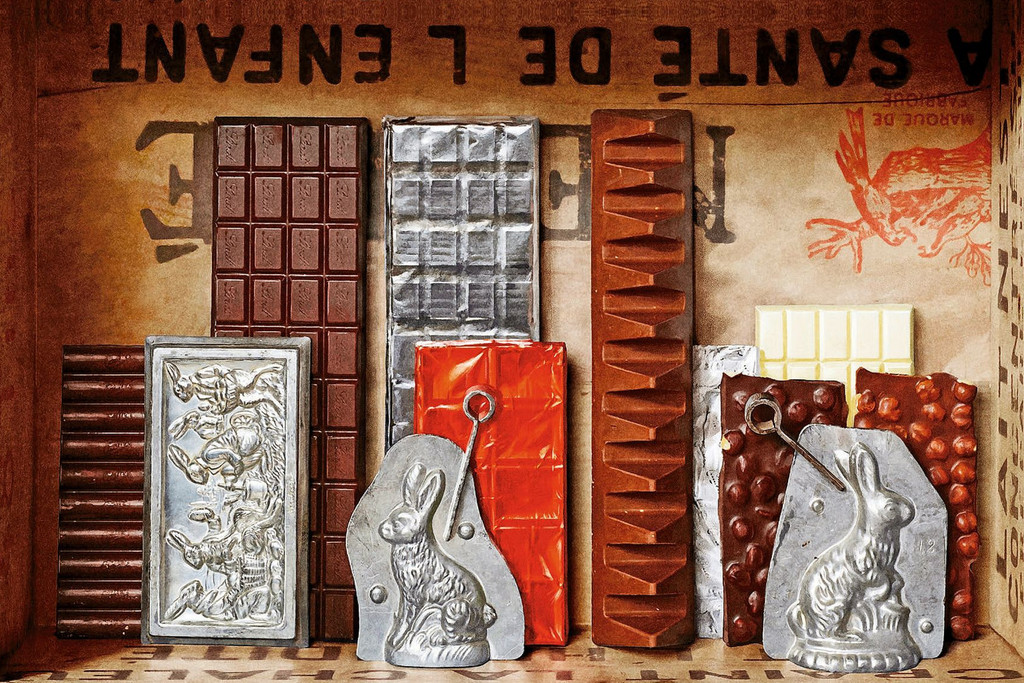CBD oil in Switzerland – popular but banned
20.10.2023 – STÉPHANE HERZOG
Since the end of 2022, chemists and other retail outlets in Switzerland have been prohibited from selling edible cannabidiol (CBD) oil, a cannabis-derived product that is said to relieve pain and anxiety. This ban is counterproductive, say some within the medical and pharmacy professions.
In recent years, people of all ages in Switzerland have become accustomed to going to their local chemist or specialist outlet to buy cannabidiol (CBD) oil, one of the numerous compounds found in cannabis. They use the oil to relieve stress, pain and insomnia. CBD oil can be inhaled, consumed orally or absorbed through the skin. “CBD oil is popular among a wide range of people,” says a Fribourg chemist who specialises in herbal medicine. “For example, I have a mother who buys it for her autistic son. It’s better than taking antipsychotics.”
Yet some retailers decided to stop selling CBD oil at the end of 2022. This was in response to a federal circular prohibiting the sale of CBD oil except with the addition of a substance to make the product unsuitable for consumption – you then apply the oil to your skin instead. CBD oil is now prescription-only. Any doctor who prescribes it must inform the Federal Office of Public Health (FOPH) every time they do so. In most cases, the cost of the prescription will not be covered.
No nutritional or medical value
The pushback against CBD oil began in Geneva, where the cantonal chemist conducted a series of tests revealing issues related to the amount of CBD and THC (tetrahydrocannabinol, the principal psychoactive constituent of cannabis) in certain products, which was sometimes found to be “above the toxicological reference value”. “These products cannot be sold because they fail to meet nutritional guidelines and are not sufficiently safe,” says Geneva’s cantonal chemist Patrick Edder. “If a product has no nutritional or medical value, we cannot include it in our list,” explains his Neuchâtel counterpart Yann Berger. “As such, there is no need to test it. We have prohibited it, full stop.”
“Litte risk of addiction”
The Swiss Association for Rheumatology Patients rejects this view. “How will patients in pain continue to have access to edible CBD oil?” asks spokesperson Patrick Frei. Board member of the Swiss Society of Cannabis in Medicine, Barbara Broers, is a doctor herself: “We must abide by the law, that goes without saying. And what we had was a less-than-perfect situation. But it was a fairly expensive product to buy. People took a few drops before bedtime – there was little risk of addiction. Consuming CBD oil is probably better than taking benzodiazepines, buying products in shops or online without advice from a chemist, or smoking CBD flowers for that matter.”
Ignoring the ban
Some are ignoring the ban. The aforementioned chemist from Fribourg continues to order CBD oil from Swiss and German wholesalers, saying he refers to a data sheet to confirm the CBD content in each product he buys. A chemist in Berne says her CBD products will soon be out of stock. She will not be ordering any more, even though she wants to. The vice-chair of the trade association of the Swiss cannabis industry, Cédric Heeb, believes the ban has had a considerable impact on CBD manufacturing in Switzerland. “The people who bought CBD oil were normal people like you and me,” he says. Heeb’s Geneva-based company PhytoXtract is one of the rare businesses to have successfully transitioned to manufacturing a CBD oil approved by Swissmedic, the national authority responsible for the authorisation and supervision of therapeutic products. “The rest of the market is online.”
Meanwhile, a proportion of customers have reverted to smoking CBD. Doesn’t this defeat the object of the ban? “Smokeable CBD is a tobacco product and regulated as such,” says Alda Breitenmoser, who heads the Swiss Association of Cantonal Chemists and tells us she understands the level of feeling on this issue. “But if there is a risk to consumers, we have a duty to act.”












Comments
Comments :
Quelle déception d'apprendre qu'un produit naturel efficace, sans effets secondaires est tout à coup interdit. C'est sûr que c'est plus rentable pour le système pharmaceutique de rendre les patients dépendants des médicaments chimiques. J'ai une maladie auto-immune et je suis sous Palexia 200/300 mg par jour et en cas de crise, plutôt que d'augmenter mes doses d'opioïdes, je prends des gouttes d'huile de CBD. Une huile qui m'avait été proposée en Suisse car au Luxembourg j'ai fait partie des patients traités avec du cannabis, malheureusement j'avais dû cesser car il me provoquait des douleurs au ventre. Avec l'huile, aucun effet secondaire et en plus pas d'accoutumance comme mes médicaments.
J'ai l'impression d'être manipulée par un système qui peu à peu interdit beaucoup et impose de plus en plus. J'espère au moins pouvoir acheter l'huile de CBD dans les pays européens où elle est autorisée et l'emmener en Suisse avec moi chaque fois que je vais voir ma famille.